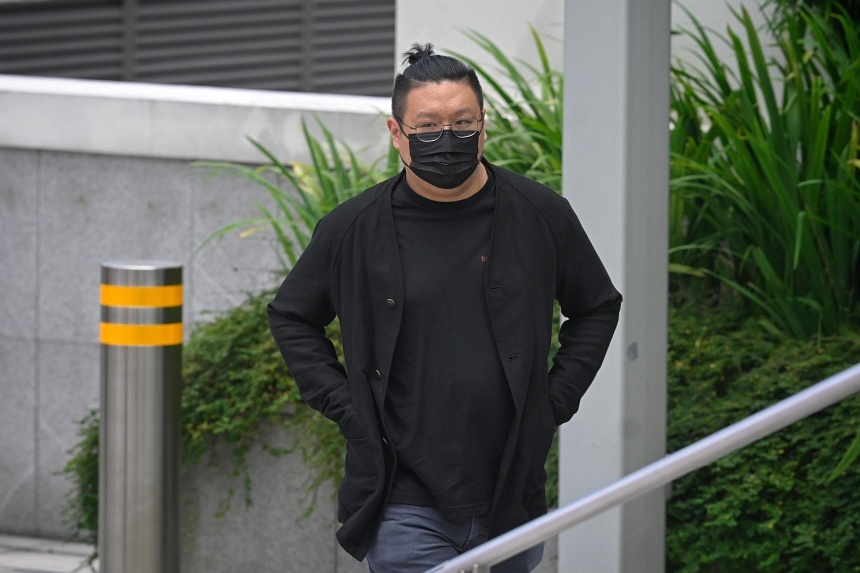In a high-profile trial that has rocked Singapore’s financial and commodities trading sector, businessman Ng Yu Zhi stands accused of masterminding a $360 million fraud as part of a larger nickel trading scheme that swindled investors out of a total of S$1.5 billion ($1.1 billion). The prosecution revealed shocking details about the case during opening statements on Wednesday, painting a picture of a web of deception that funded Ng’s lavish lifestyle.
Here's ads banner inside a post
The Scheme: A Tale of Pure Fiction
Ng, a former accountant and head of the Envy Group, allegedly promised investors lucrative returns from trading physical nickel. He claimed to purchase discounted nickel from an Australian mine and resell it at a profit through forward contracts. However, prosecutors argued that the entire operation was a fabrication.
“There was no cheap nickel, no agreement with the mine, and no forward contracts,” the prosecution stated, accusing Ng of running a classic Ponzi scheme. The Envy Group allegedly paid early investors with money received from newer investors, rather than any profits from legitimate trading activities.
Over a span of six years, Ng’s scheme attracted 947 investors, including high-profile figures in Singapore. The prosecution claims Ng misappropriated nearly S$482 million ($360 million) for personal use, funding extravagant purchases such as luxury cars, jewelry, and fine art.
Here's ads banner inside a post
A Lifestyle of Excess
The funds allegedly embezzled by Ng were used to finance an opulent lifestyle. Prosecutors presented evidence of lavish spending on high-end vehicles, exclusive jewelry, and rare artworks, contrasting sharply with the investors who had placed their trust—and substantial funds—in his fraudulent scheme.
Ng, 34, pleaded not guilty to 42 charges, including fraud, forgery, and money laundering, during his court appearance. Though he faces 108 charges in total, the trial will focus on a select number of cases to streamline proceedings. Prosecutors plan to call 58 witnesses to testify against him.
A Scandal Tarnishing Singapore’s Financial Reputation
The nickel trading fraud is the latest in a string of financial scandals that have tarnished Singapore’s reputation as a hub for clean governance and reliable trading. Earlier this year, Lim Oon Kuin, a former oil tycoon, was sentenced to 17 and a half years in prison for defrauding HSBC Holdings Plc and forging documents. Additionally, former cabinet minister S. Iswaran became the first ex-minister in almost 50 years to be jailed, pleading guilty to obstruction of justice and other charges.
Here's ads banner inside a post
These scandals have placed a spotlight on Singapore’s efforts to strengthen oversight and restore trust in its financial systems.
Prosecution’s Case: A Complex Web of Lies
Prosecutors argue that Ng’s scheme was meticulously planned to deceive investors. Documents and contracts presented to back up his claims were allegedly forged, while investor payouts were disguised as legitimate returns to maintain confidence in the scheme.
Ng’s trial is expected to be closely followed, not only for the sensational details of the fraud but also for its implications on Singapore’s financial industry. Prosecutors aim to expose the full extent of Ng’s deception and recover funds for the hundreds of investors who were misled.
A Warning to Investors
The case serves as a stark reminder of the risks inherent in high-return investment schemes. While Singapore has long been regarded as a safe haven for investors, the recent spate of scandals highlights the need for due diligence and stricter regulation.
As the trial unfolds, Ng’s alleged actions are set to become a cautionary tale of greed, deception, and the devastating impact of fraud on investors and the financial system alike.

